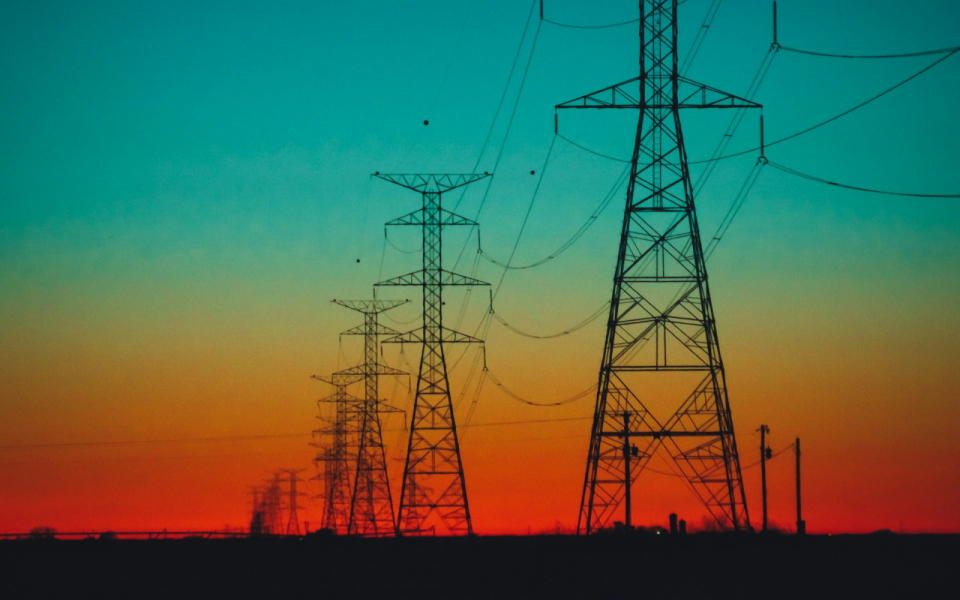Morgan Stanley analyst Adam Jonas thinks that the rapid growth of artificial intelligence and its impact on the electricity grid will subsequently have an impact on EV giant Tesla Inc
What Happened: The brokerage's Clean Tech and Global Sustainability team projects the total U.S. data center power usage, including generative AI, to reach 337 TWh by 2027, or more than double the estimated U.S. data center power usage last year. This projected increase is equivalent to adding 59 million EVs to U.S. roads. For EV giant Tesla to deliver 59 million EVs will take nearly 35 years at the current production rate, Jonas noted.
This has a significant impact on the growth of electric vehicles as it relies heavily on a functioning electric grid with affordable electricity prices. As power demand for compute grows, Tesla's energy generation and storage segment can aid the growth, as per the analyst.
Morgan Stanley also forecasts 90 megatons of annual carbon dioxide emission from U.S. data centers by 2027, equivalent to emissions of about 14 million gas cars.
"The auto industry is a poster child sector of CO2 emissions and climate change... progress made within autos to reduce emissions on a gross level may be more than offset by growth in global emissions on a net level," Jonas wrote in a note.
Tesla Executive Responds: Tesla Vice President of Investor Relations Martin Viecha on Thursday responded to the analysis and wrote, "Funny how so many people were concerned about the grid with all these new EVs, but few seem to be concerned about the grid with all this new AI compute."
Viecha was referring to EV critics who alleged that the growing number of EVs and charging infrastructure will weigh heavily on the power grid.
Tesla's Forecast For Energy Segment: In the first quarter of 2024, Tesla deployed 4,053 MWh of energy storage products, representing its highest quarterly deployment to date and a year-on-year increase of 4.2%.
Tesla CEO Elon Musk in April said that the demand for its stationary energy storage products is "super high" and hinted that the company might make more batteries for energy storage than cars in the long term.















